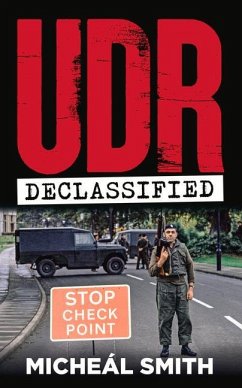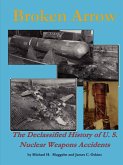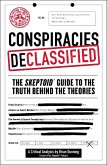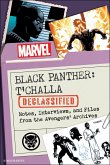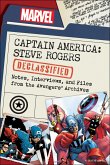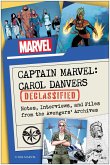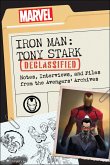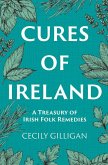In UDR: Declassified, Micheál Smith reveals what the British establishment, the British government, and its armed forces knew and had to say about the regiment in recently declassified files. From its formation in 1970 as a locally raised militia, the Ulster Defence Regiment developed into the largest regiment in the British Army. For unionists, service in the UDR was a noble act and often a family tradition; for nationalists, an encounter with the UDR was frequently hostile, often brutal, and sometimes fatal. To the British Army, they were 'a dangerous species of ally, ' and a classic militia regiment which was part of a long tradition of the use of such forces by the British Empire. UDR: Declassified is an evidence-based exposé of the UDR through the declassified files of Number 10, the MoD, and the NIO. The denial of access to history is a part of a continuum of British state efforts to obscure its colonial past. This book is a testimony to the value of defying such efforts and uncovering the truths behind our traumatic past.
Hinweis: Dieser Artikel kann nur an eine deutsche Lieferadresse ausgeliefert werden.
Hinweis: Dieser Artikel kann nur an eine deutsche Lieferadresse ausgeliefert werden.

